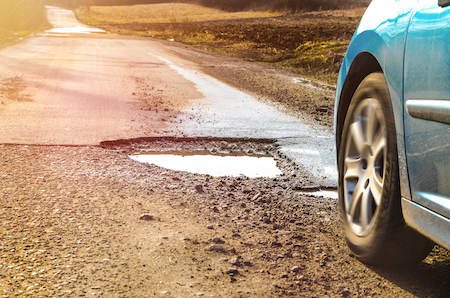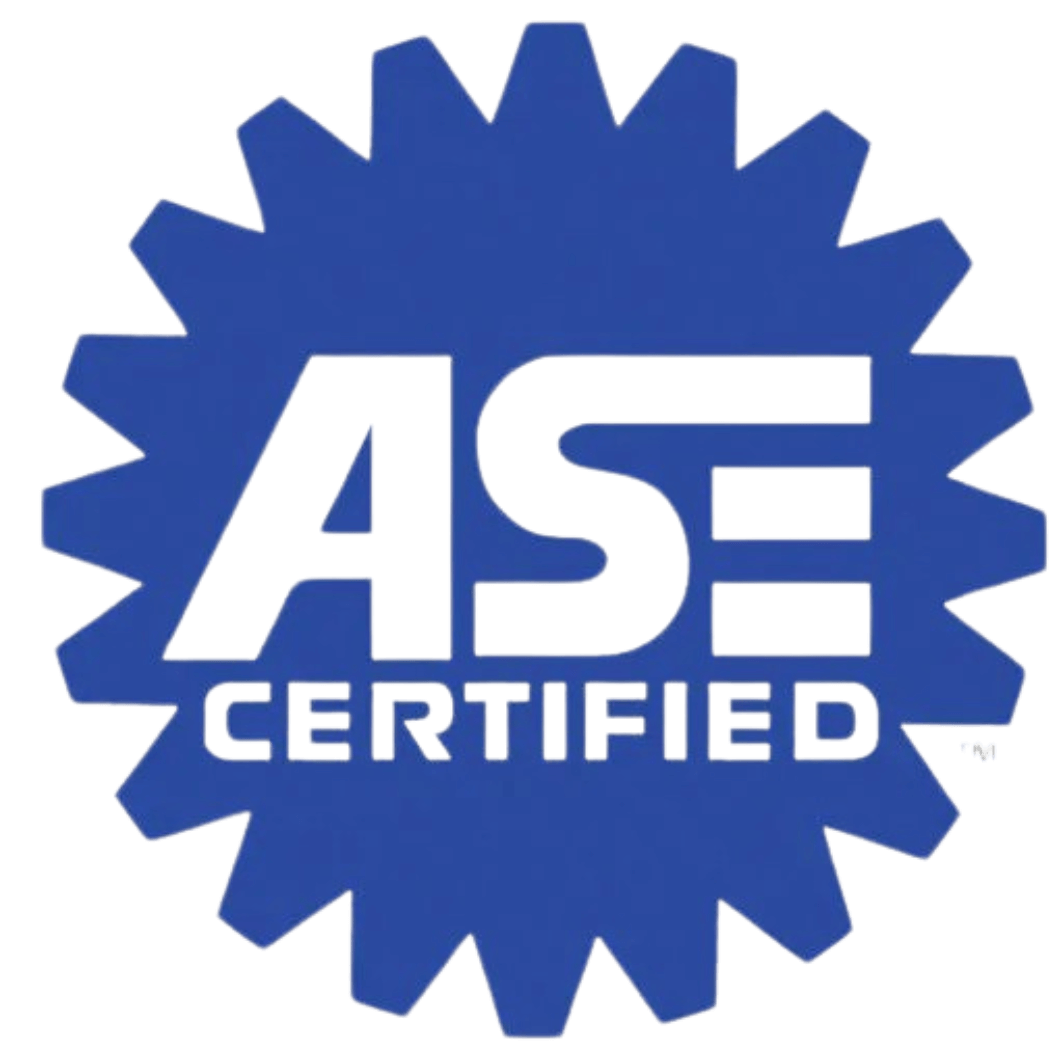Why You Should Avoid Potholes on the Road

Why You Should Avoid Potholes: The Hidden Toll on Your Car They look like simple puddles, but potholes can cause hundreds of dollars in damage to your tires and suspension in a split second. Did You Just Hit a “Big One”? Don’t wait for a flat tire or uneven tread wear to ruin your week. […]


